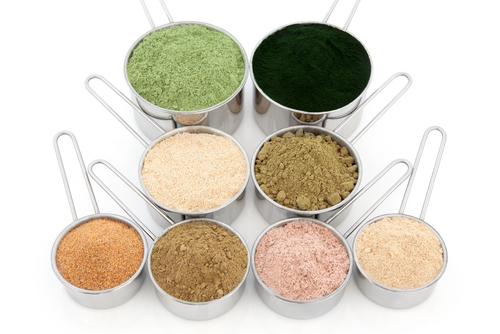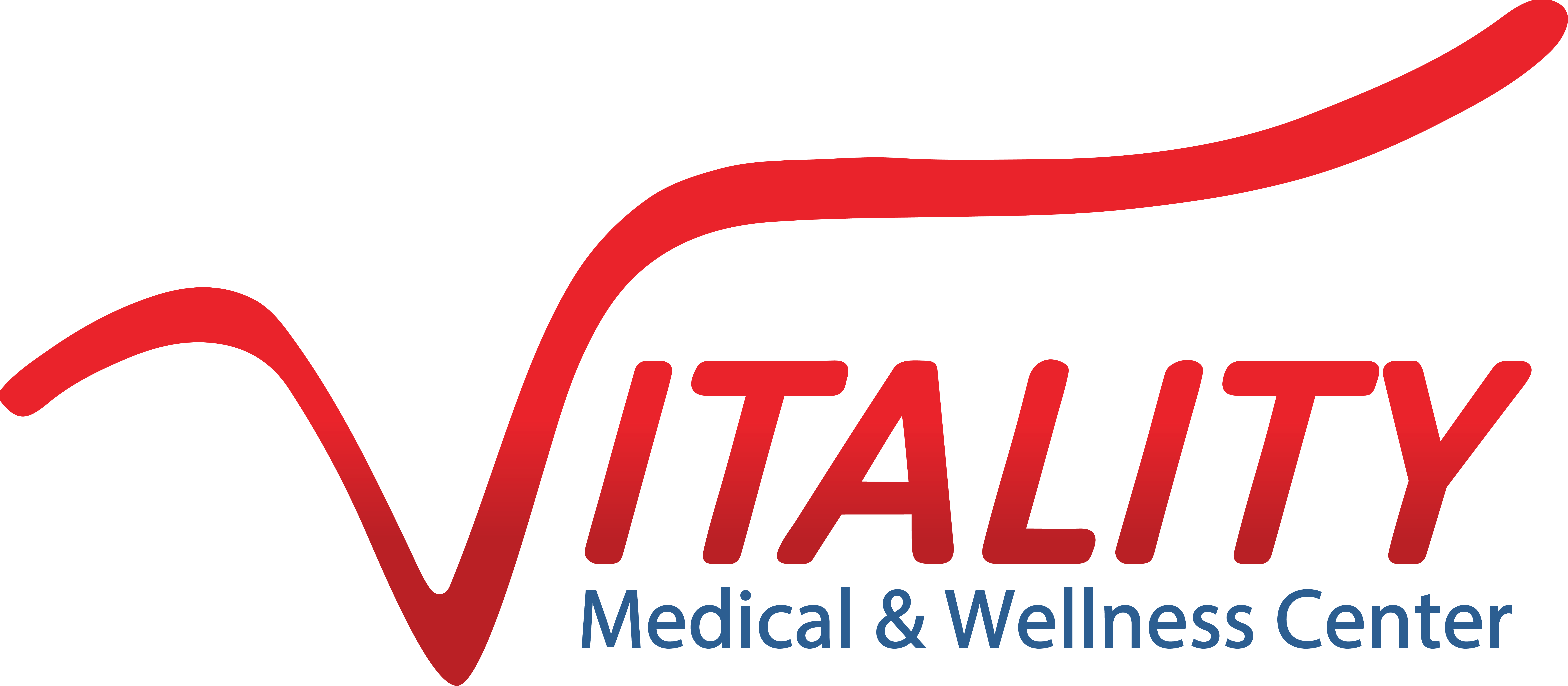February 25, 2015 | 3 minute read
 With America’s latest health and fitness obsession, protein powders have hit the shelves in full supply touting some amazing benefits. However, many people have no clue how to navigate through the world of unpronounceable ingredients to determine which are beneficial. Not all protein powders are created equally; different protein types have different applications and may work for some people and not others, especially when it comes to diseases and allergies. Allow us to demystify some of the common myths surrounding proteins powders and give you the real facts.
With America’s latest health and fitness obsession, protein powders have hit the shelves in full supply touting some amazing benefits. However, many people have no clue how to navigate through the world of unpronounceable ingredients to determine which are beneficial. Not all protein powders are created equally; different protein types have different applications and may work for some people and not others, especially when it comes to diseases and allergies. Allow us to demystify some of the common myths surrounding proteins powders and give you the real facts.
Myth: Protein Powder Is Just for Bodybuilders
Many people falsely believe that protein powder is just for people who want to bulk up and build muscle. However, protein is an essential building block for all of the cells in our bodies, from our skin and hair to our immune and blood cells. A lot of the time, people don’t get adequate protein from their diets, and the right protein powder can be used to supplement this macronutrient to help you live a healthier, happier life.
Myth: Casein Is the Best Source of Protein
Casein protein is in a lot of drinks for muscle building, but it is a cheap source of protein and does not have high nutritional value. Additionally, many people have food allergies to casein and don’t realize it, which can lead to bloating and other allergic reactions and leave consumers puzzled as to the source of their allergies.
Rice protein is the most hypoallergenic of proteins and great alternative source for vegetarians, vegans, and those with allergies, estrogen dominance, and inflammation.
Myth: All Soy Protein Powders Are Bad
Numerous people feed into the warning that soy proteins are bad because they mimic estrogen in our bodies. In reality, the phytoestrogens in soy actually activate our beta receptors that protect the central nervous system, bones, and cardiovascular system and can be really good for people with related diseases. However, to yield these benefits it must be a non-GMO soy protein. When soy is genetically modified, it changes the ratios of the main components, which changes how it affects our bodies and can cause it to mimic estrogen. Unfortunately, 96 percent of all soy proteins are GMO, so read the label carefully.
Myth: “Functional Food” and “Pharmaceutical Grade” Mean the Same as “Medical Food”
Products with a “medical food” label, as designated by the FDA, have research on them published in peer-reviewed journals that prove they can help with diseases and other ailments. All of the ingredients in medical foods must be established as GRAS (generally regarded as safe), and these foods provide specific nutritional needs. Some protein powder labels use the terms “functional food” or “pharmaceutical grade” to purposely mislead consumers into thinking they are of a higher quality, but these are not the same as “medical food.”
The Takeaway
- Look at the labels and ingredients
- Non-GMO
- Beware of your allergies
- Talk to your health care provider. When deciding on a new regimen or diet supplement, discussing your goals and specific needs with a health care provider is always recommended.
If you are interested in learning about which protein powder or supplements might be right for you, schedule your consultation with Dr. Cristy Thomas, DNP, APRN at Vitality Medical & Wellness Center. Call (702) 731-1200, email Info@VitalityMedicalWellness.com, or fill out our online information request form today!
